In a new study, Empa researcher Dominik Brunner, together with colleagues from the Utrecht University and the Austrian Central Institute for Meteorology and Geophysics, investigated the amount of plastic present in precipitation over the period of a month.
According to the study, nanoplastics can spread aerially over a 2,000-kilometre radius resulting in around 43 trillion tiny plastic particles ending up in Switzerland every year. This could equate to 3,000 tons of nanoplastics annually, ranging from the remote Alps to the urban lowlands. “These estimates are very high relative to other studies, and more research is needed to validate them”, according to Empa. Nonetheless, the results of Brunner’s work are the most accurate assessment of nanoplastic air pollution ever made.
To count the plastic particles, Brunner and his colleagues developed a method that determines the level of contamination in collected samples. The scientists examined a small area at an altitude of 3,106 metres at the top of the Hoher Sonnenblick mountain in the Austrian Hohe Tauern National Park. Every day and in all weather conditions, they removed part of the top layer of snow at 8am and carefully stored it to check for plastic residue.
The origin of the tiny particles was traced using European wind and weather data. It was established that the largest emission of nanoplastics into the air happens in densely populated, urban areas. About 30 percent of the measured nanoplastic particles on the mountaintop came from a radius of 200 kilometres, mostly from cities, while around ten percent of the particles were blown in from more than 2,000 kilometres away, partly from the Atlantic.
It is estimated that more than 8.3 billion tons of plastic have been produced worldwide, around 60 percent of which has ended up either in a landfill or the natural environment. This plastic is eroded by weather effects and abrasion into micro (less than five millimetres in diameter) and nanoparticles (less than 100 nm in diameter). Due to their size, their movement in air can be best compared to gas. This means they are easily inhaled into our lungs, as well as ingested through contaminated food and water sources. Once in the body, their size allows them to potentially cross the cell-blood barrier and thus enter the bloodstream. The health implications of this are only beginning to be studied.
read more
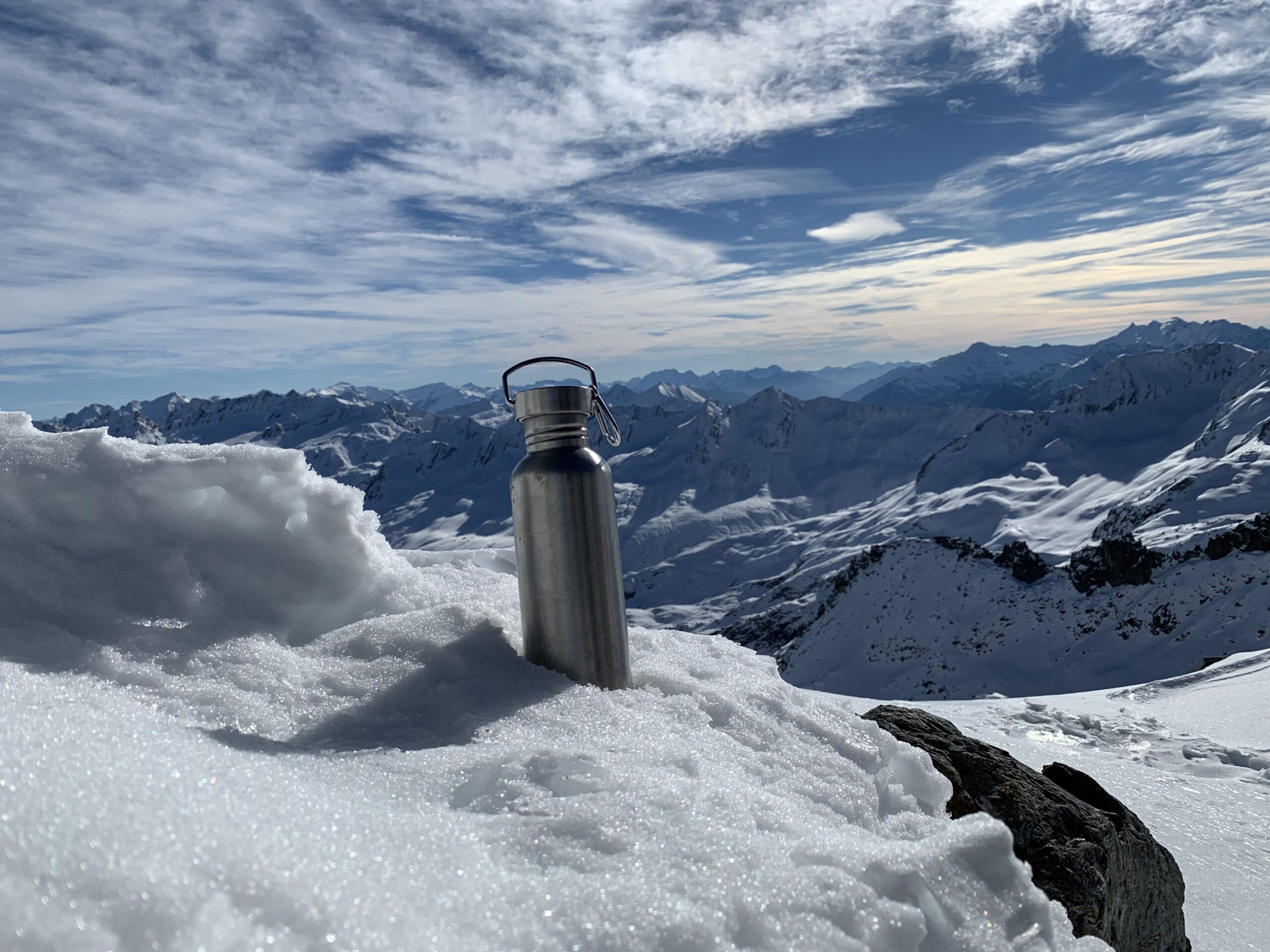
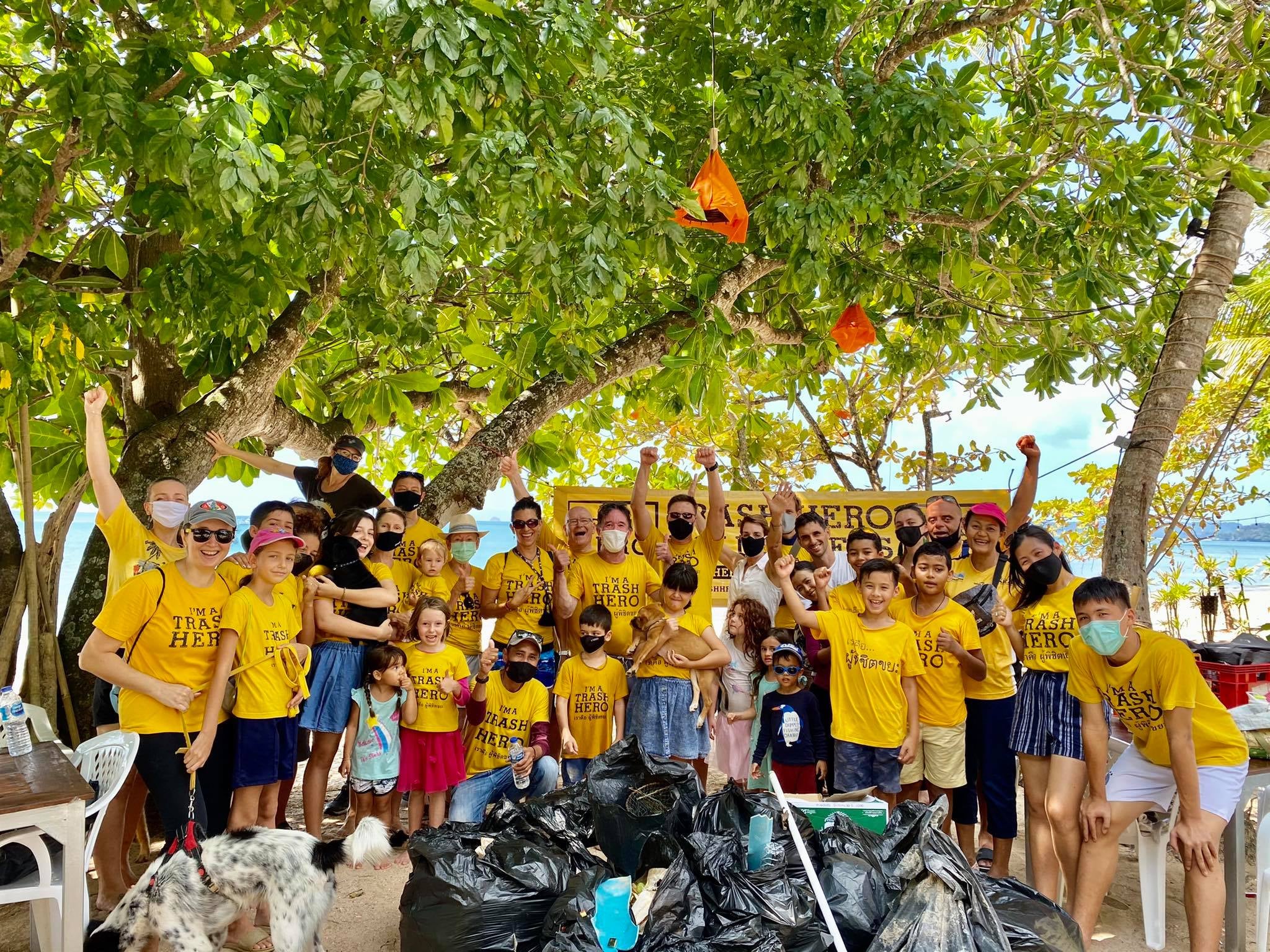
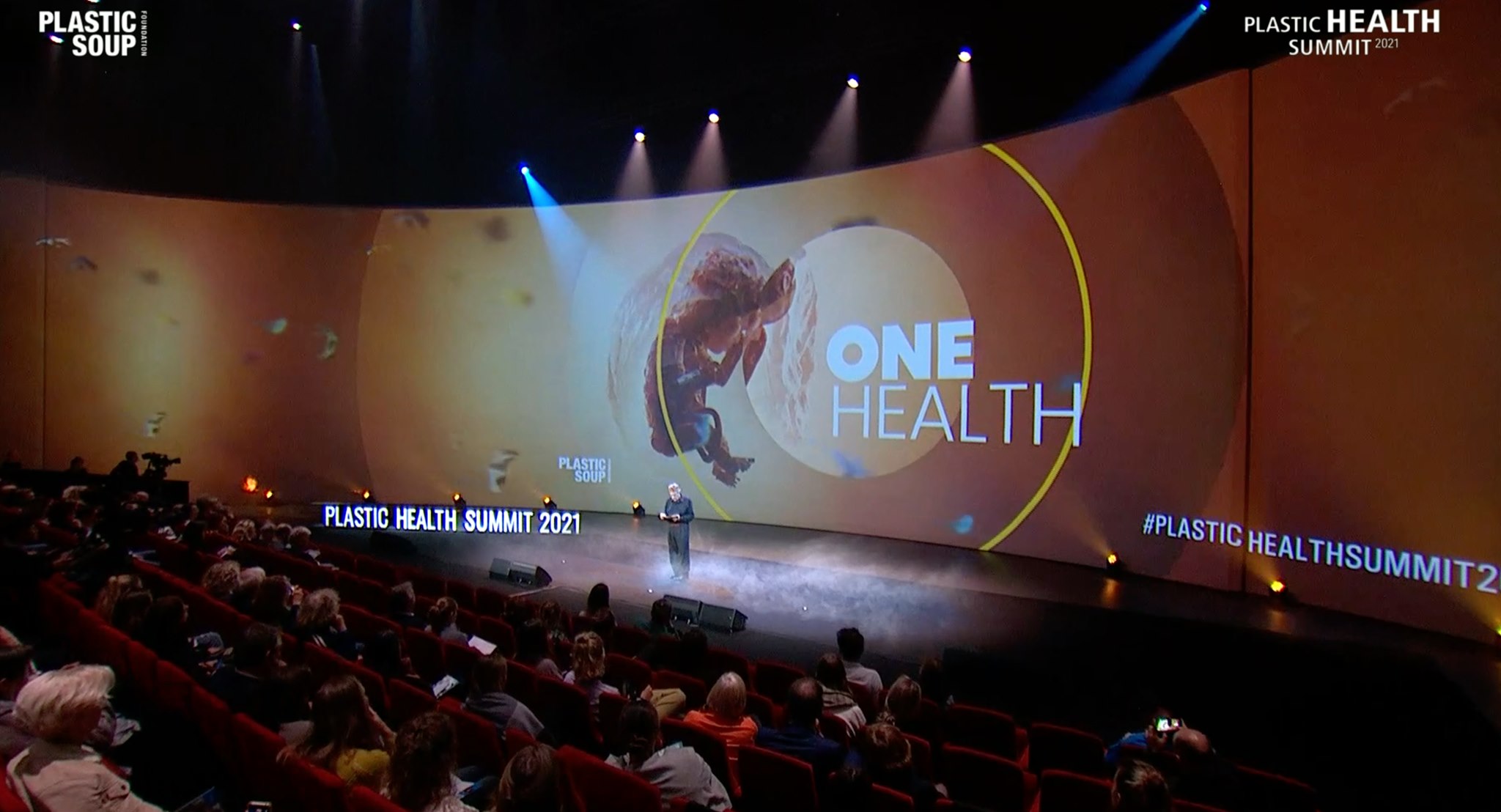
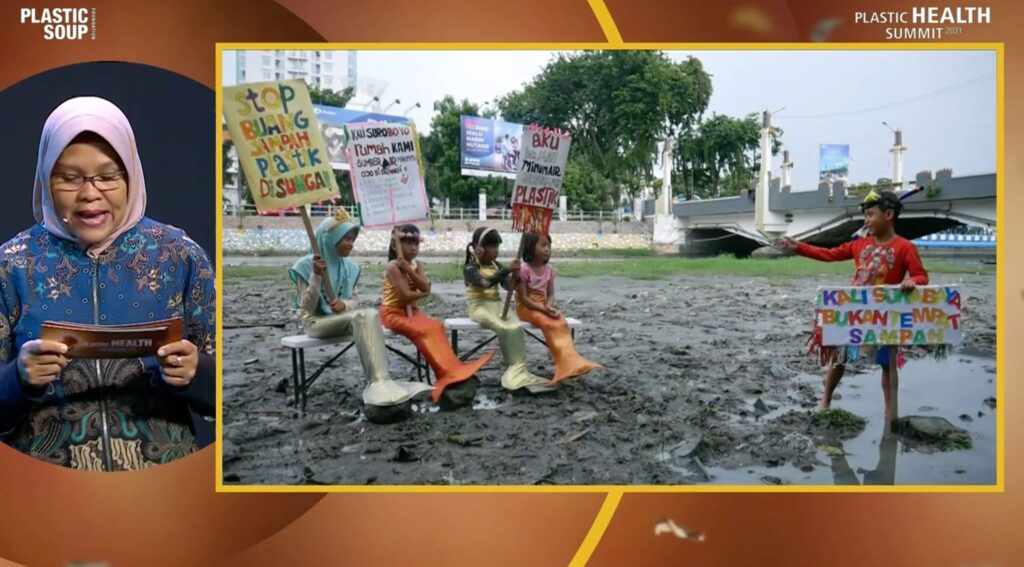
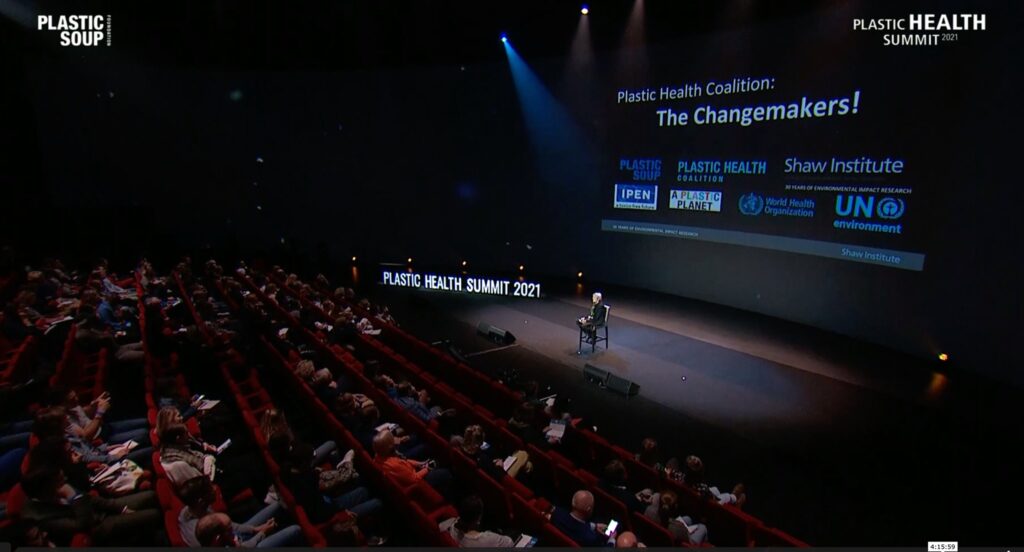
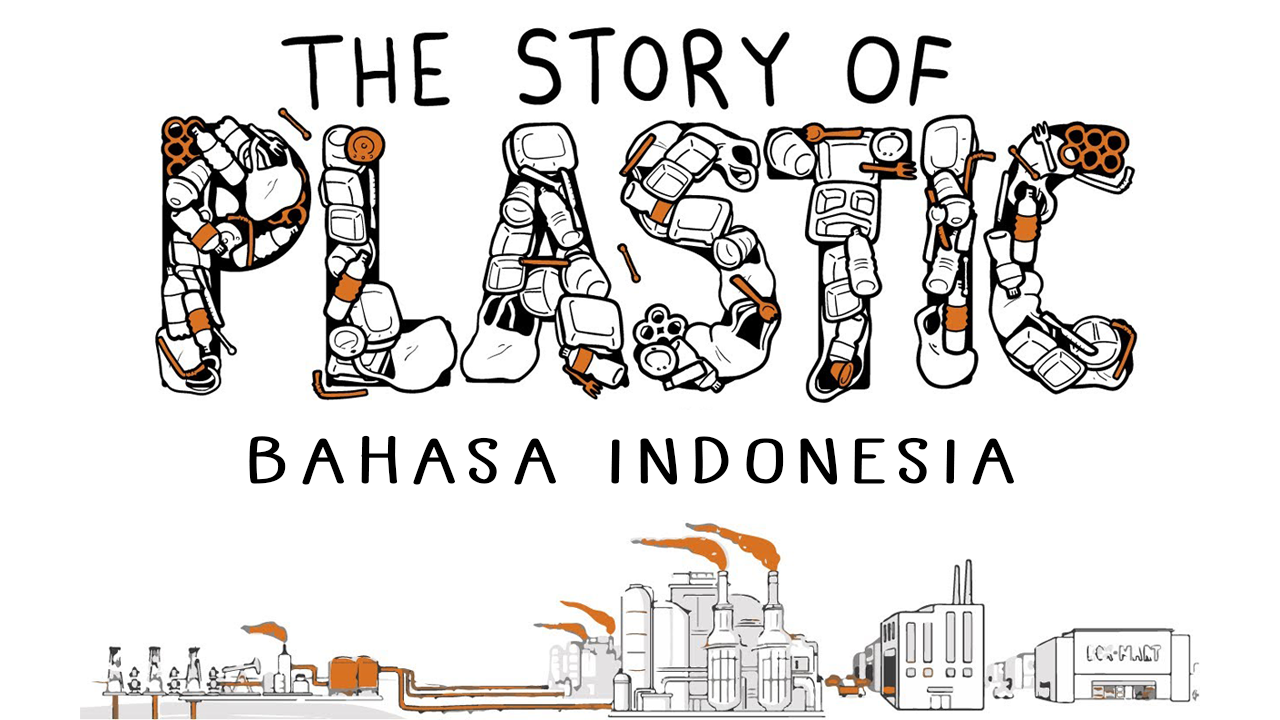
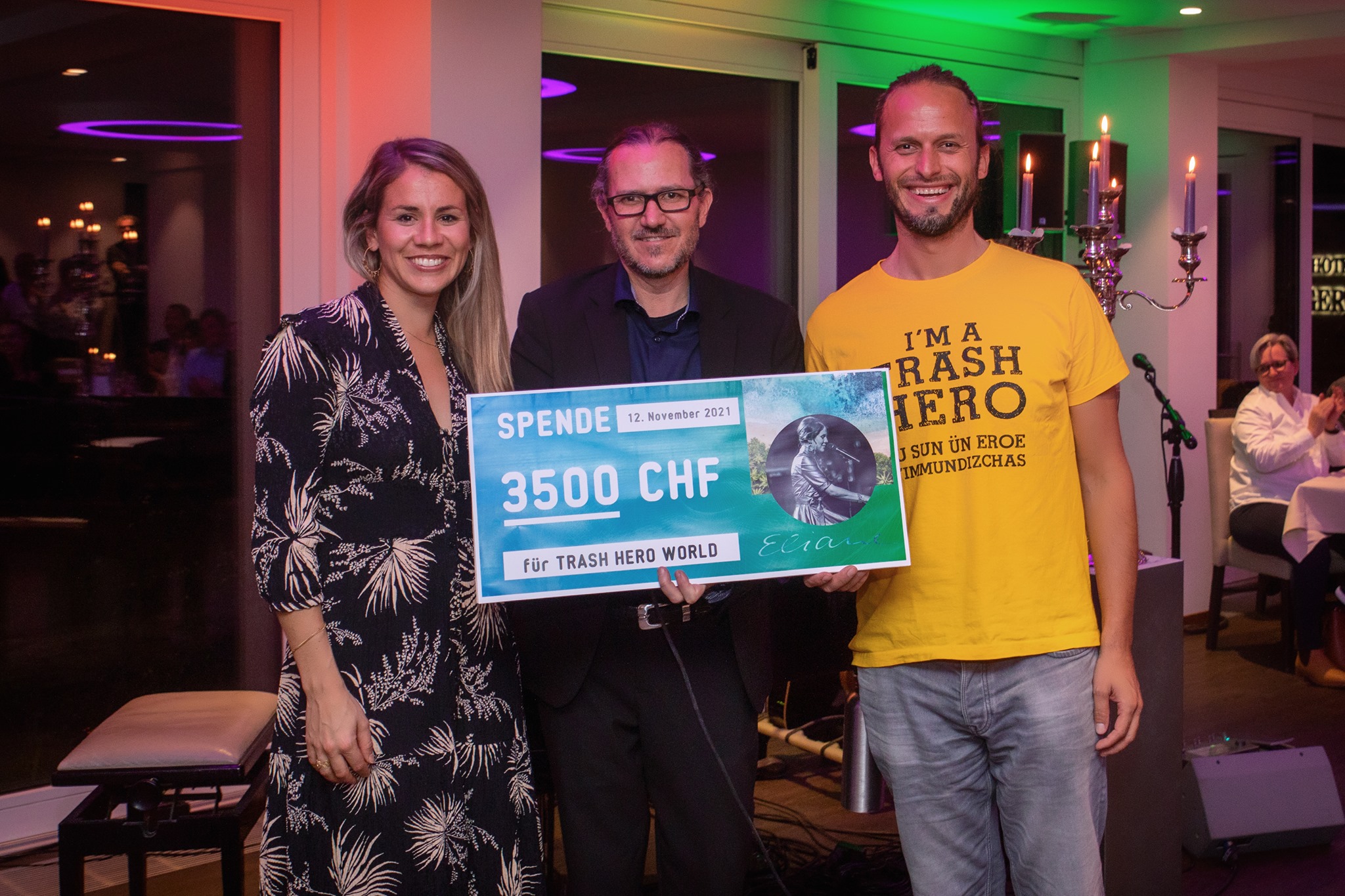
 A piano and guitar set was performed by a Swiss singer and song-writer Eliane, winner of the second season of Switzerland’s Got Talent. Eliane is an ambassador for Schnarwiler’s cosmetics lines “Trash Hero Love” and “Re-use-me” and is an avid supporter of Trash Hero’s activities.
A piano and guitar set was performed by a Swiss singer and song-writer Eliane, winner of the second season of Switzerland’s Got Talent. Eliane is an ambassador for Schnarwiler’s cosmetics lines “Trash Hero Love” and “Re-use-me” and is an avid supporter of Trash Hero’s activities. 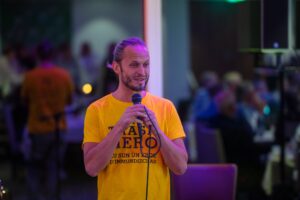 The gala was organised by Schnarwiler, a Swiss based manufacturer and distributor of beauty and health products, who have launched a zero-waste line of toiletry products in collaboration with Trash Hero. During the event, Roman Peter had the opportunity to deliver a presentation to an audience of around 100 people, explaining the mission and vision of Trash Hero, as well as inviting attendees to join the movement.
The gala was organised by Schnarwiler, a Swiss based manufacturer and distributor of beauty and health products, who have launched a zero-waste line of toiletry products in collaboration with Trash Hero. During the event, Roman Peter had the opportunity to deliver a presentation to an audience of around 100 people, explaining the mission and vision of Trash Hero, as well as inviting attendees to join the movement. 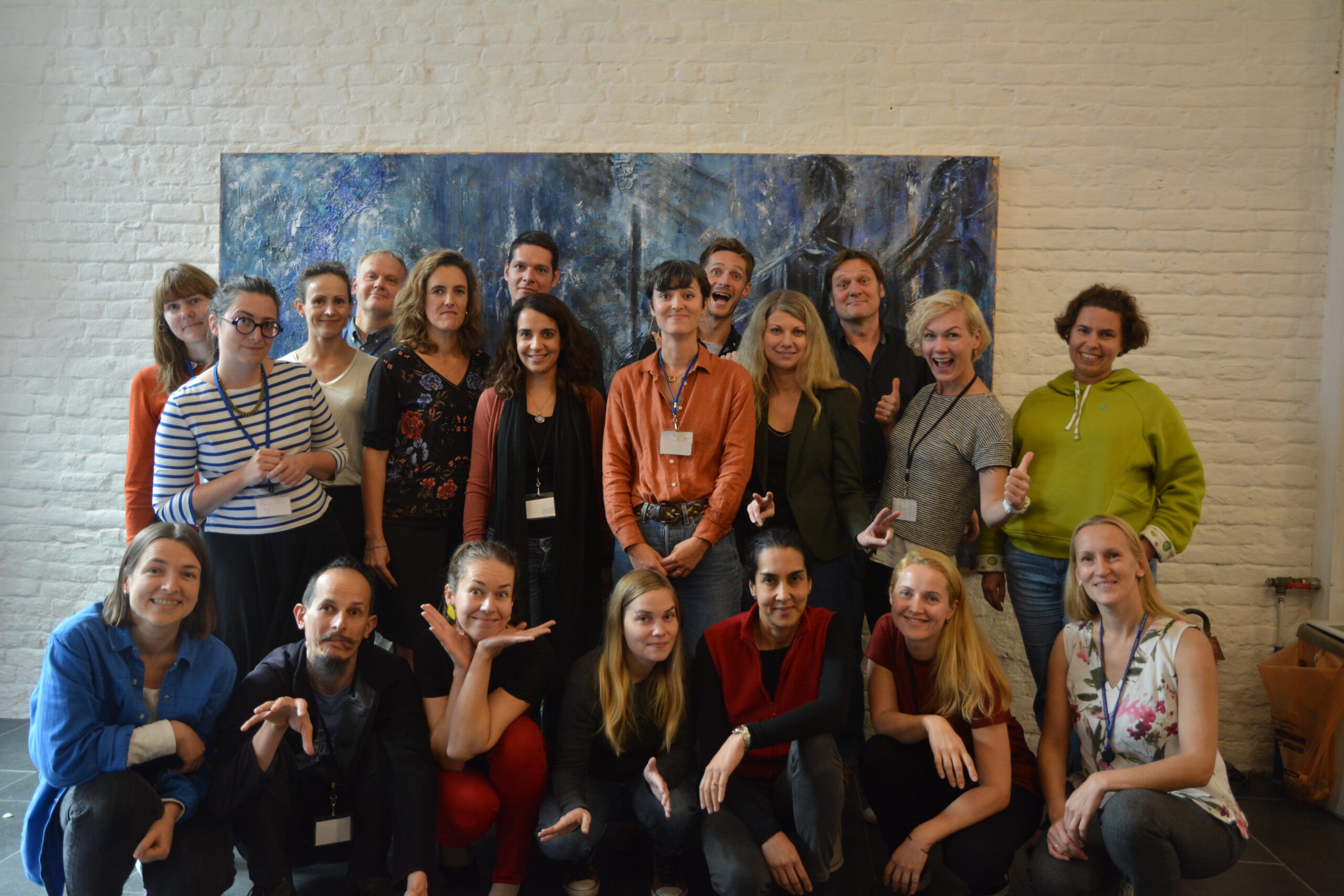
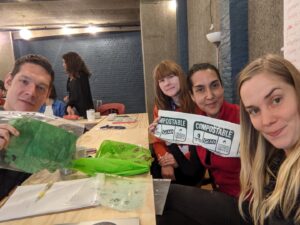
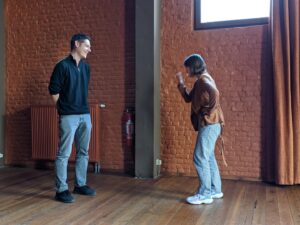
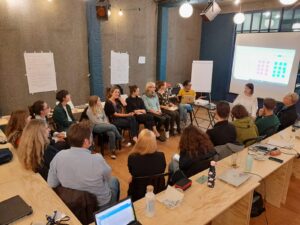
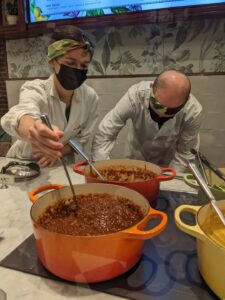
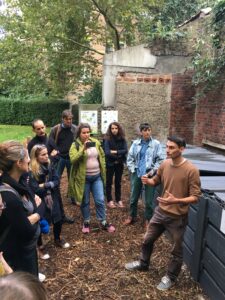
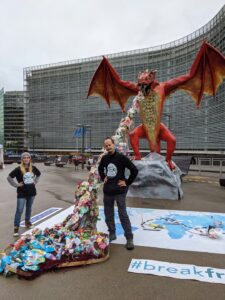
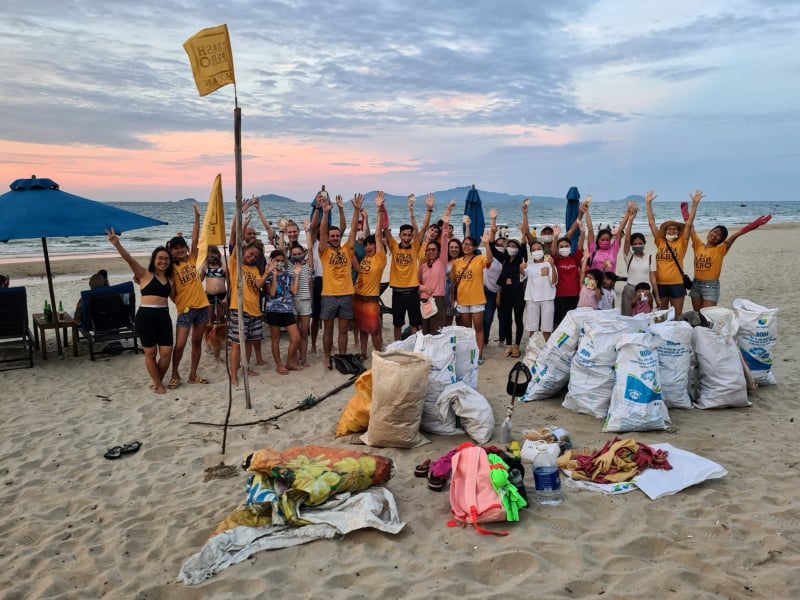
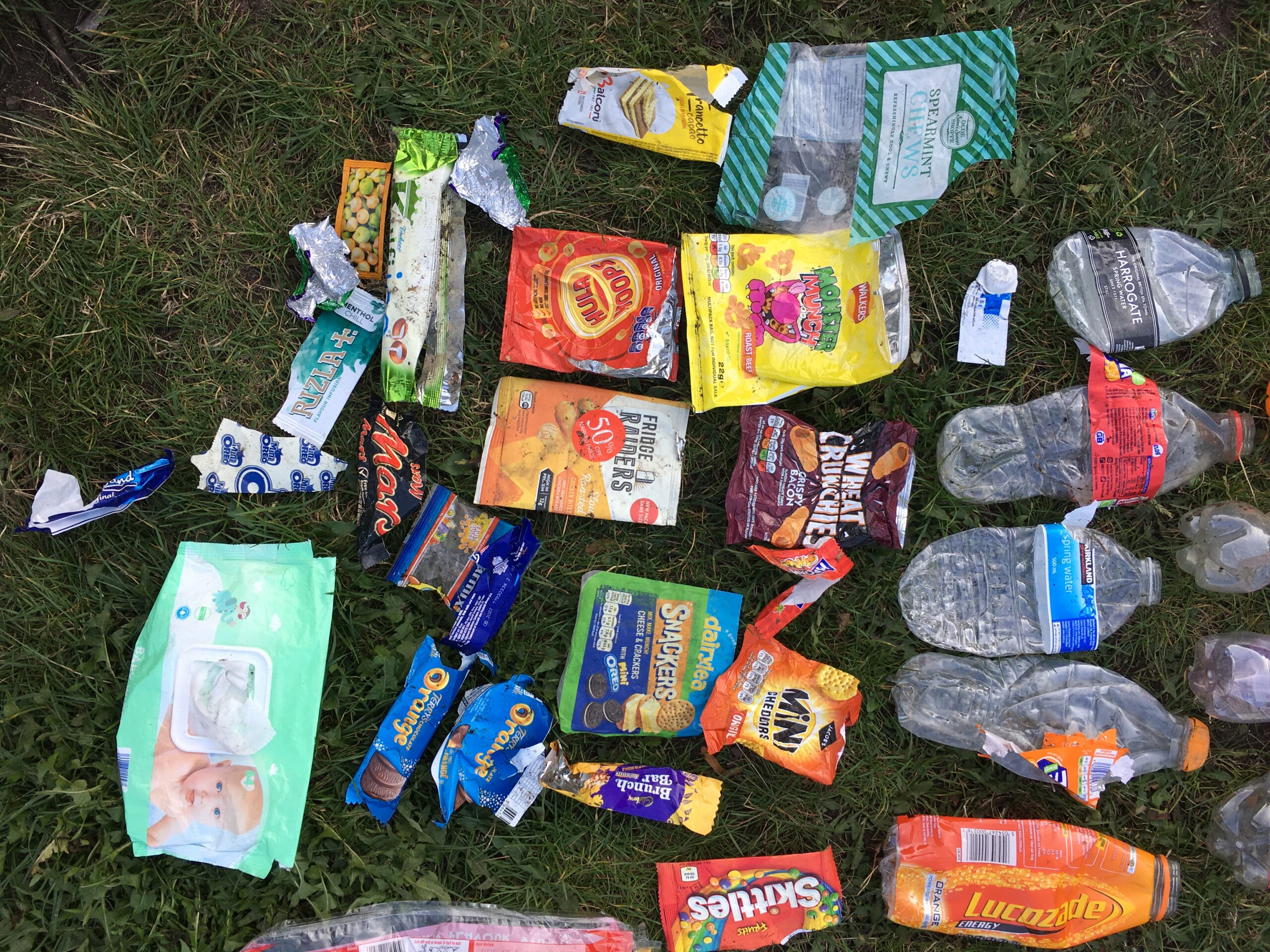
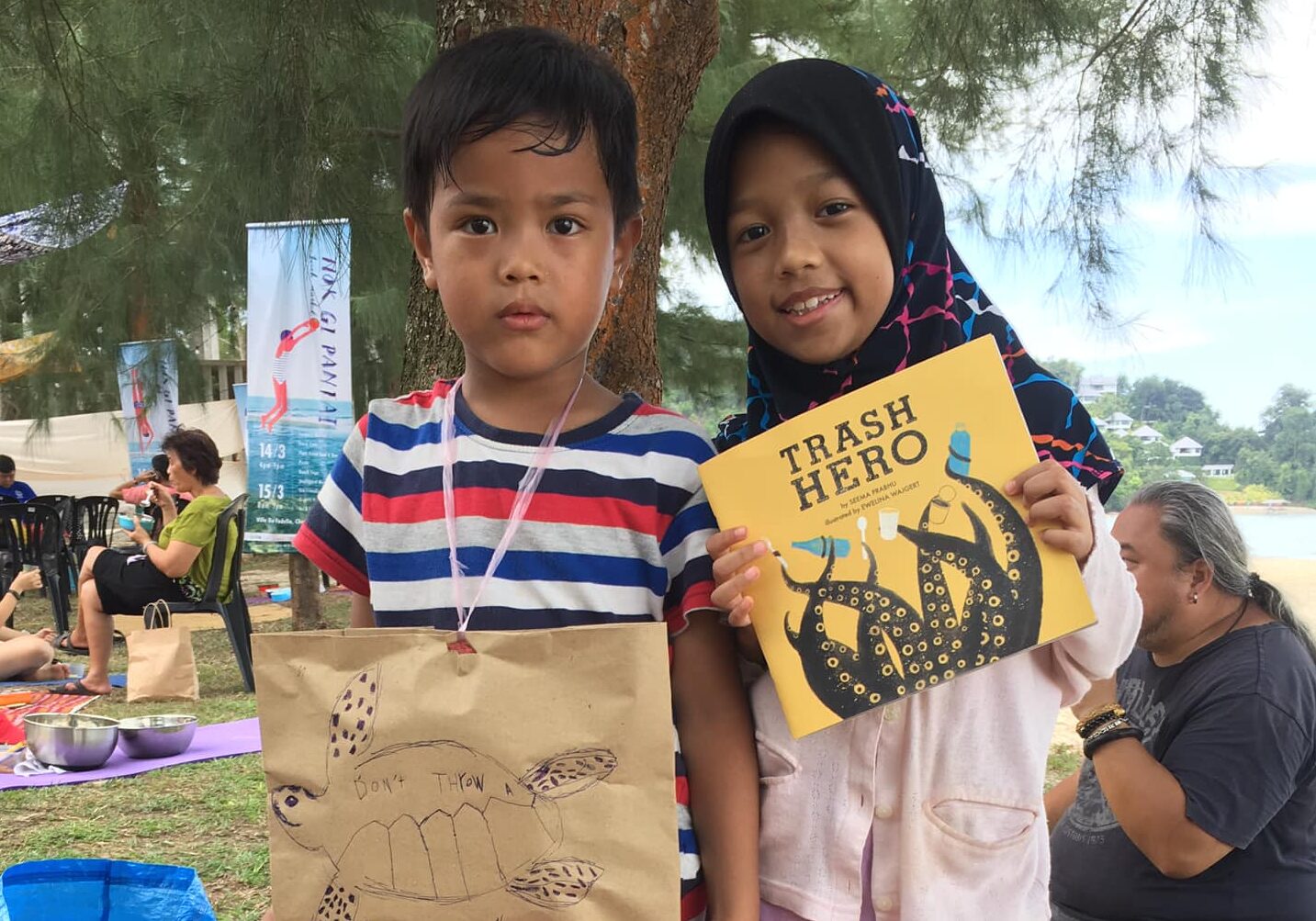

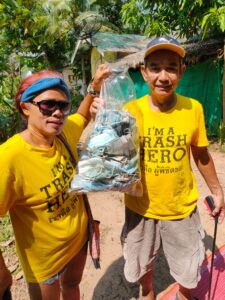 WHERE DO THEY GO?
WHERE DO THEY GO?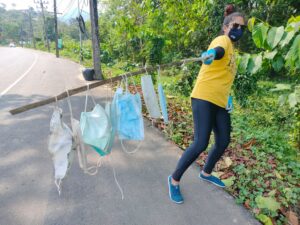 HEALTH RISKS
HEALTH RISKS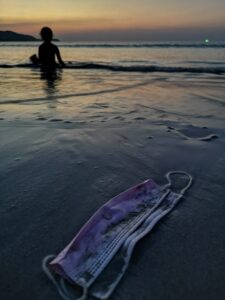 ENVIRONMENTAL RISKS
ENVIRONMENTAL RISKS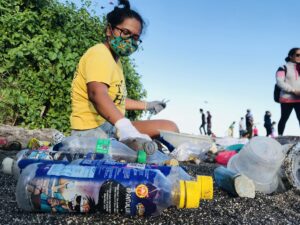 ALL OF THIS IS AVOIDABLE!.
ALL OF THIS IS AVOIDABLE!.